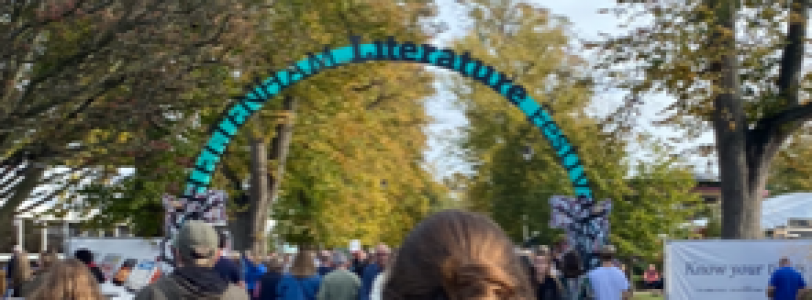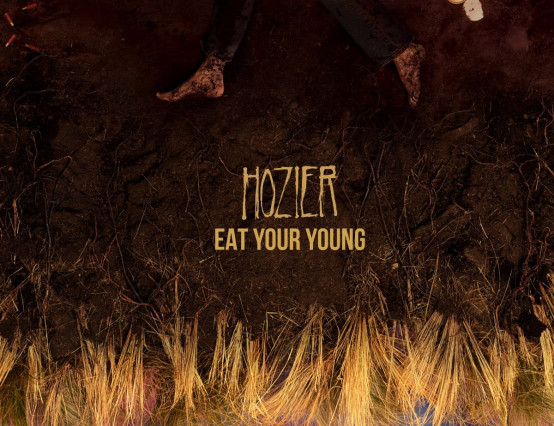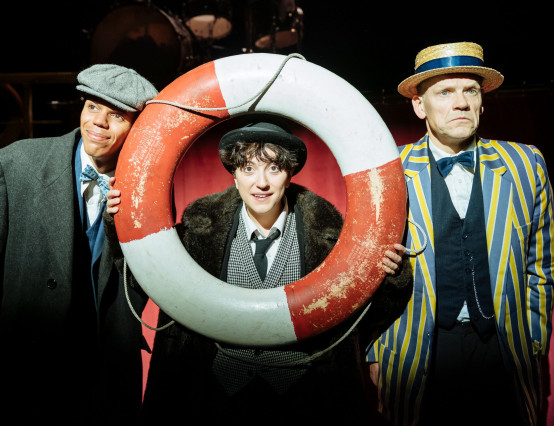Forget Glastonbury; for book-lovers, this is the go-to-festival. My family and I arrived in Cheltenham in the evening, ready for an early night, so as to be up and ready to head off to our first lecture the next morning.
For me, the first event was a talk from YA author Jonathon Stroud, in Cheltenham’s grand town hall. They say never to meet your heroes, but having grown up on Stroud I was delighted to find how friendly and inspiring he was, and how willing he was to share his pearls of wisdom on the book-writing process- especially with the members of the audience who aspired to become writers like him. He described his structural approach to writing, assuring us that it doesn’t matter if we don’t immediately know the full story; the characters will develop as we write them. He encouraged us to keep writing, whether it was beginnings, middles, or endings: chronology doesn’t matter. After the talk, the festival had set up a mini-Waterstones inside the town hall where we quickly migrated to have our books signed by Stroud himself. I was thrilled to have my new book adorned with a signature and skull-drawing, and Stroud relieved to find that I had not brought my entire collection of his books to be signed.
Our second event was an interview of the six authors whose books were shortlisted for the 2022 Booker Prize. Each author took turn to briefly describe their books, and the inspiration behind them. In particular, I thought the influence behind Alan Garner’s ‘Treacle Walker’ was exceptionally interesting; inspired by a tale of a homeless man from Huddersfield with an intriguing past, who claimed to be able to cure anything but envy. Another book, ‘Glory’ by NoViolet Bulawayo, described events surrounding the former president Robert Mugabe, but told through a lens reminiscent of Orwell’s ‘Animal Farm’. The second two books which fascinated me (and led to a rather expensive visit to Waterstones) were ‘The Seven Moons of Maali Almeida’ by Shehan Karunatilaka, and ‘The Trees’ by Percival Everett. ‘The Trees’ took a murder-mystery approach to exploring racism and events surrounding the murder of Emmett Till, and the unpretentious author spoke about how sometimes he doesn’t know the answers to questions about his book- he merely explores the ideas. Shehan Karunatilaka’s novel described his feelings towards the afterlife, and power struggles within Sri Lanka. The most smiley of the bunch, I was delighted to find out that the Booker Prize had gone to Karunatilaka.
To finish our day, we went to an interview of the amazing Malorie Blackman inside the Cheltenham Garden Theatre. An incredible woman with an inspiring life story, Malorie Blackman was very down-to-earth, and, had she not become an author, definitely could have found herself a job as a comedian. She spoke on the importance of representation in books, and proudly described to us the multiple occasions where she overcame the bias of people who doubted her because of the colour of her skin. She spoke on her desire to write books for young adults, explaining how children are invested in a book’s plot and do not care about how the characters look. In her unpretentious fashion, she concluded the talk with a message for the youth: follow your dreams, but be realistic.
Before continuing it feels important to mention the restaurant we ate at in the evening: The Giggling Squid allowed us a table, despite us not having booked, when all the other restaurants were full. We are now extremely thankful that the other restaurants were full, as the Thai food served at The Giggling Squid was absolutely delicious, and we were left completely full, but still craving more.
Our final event was the next day: the ‘Grave New World’ talk. This talk featured two authors who had both written dystopian novels. The first novel, ‘The School for Good Mothers’ by Jessamine Chan, described a world in which ‘bad’ mothers were sent to disturbing re-education camps, and delved into the exploration of women’s rights. The second novel was ‘Swanfolk’ by Kristin Omarsdottir, a quirky novel which also explored themes of motherhood in a deeply surveilled world where the main character discovers a group of creatures who are half-human, half-swan. Both authors spoke on their views of our modern society being a dystopia in itself, with Jessamine Chan hilariously commenting that a book which described a global pandemic, global warming, war, and a loss of female rights would be considered too far-fetched. Kristin Omarsdottir also described to the audience how the Icelandic language did not have a future tense, and how that affected her views of the modern-day crisis. Deeply interested by both of these concepts, I found myself yet again in Waterstones. We finished our Cheltenham Literature Festival Experience in the main Waterstones tent, where enthusiastic employees tempted me into more books, and my dad was ecstatic to meet and have his book signed by Jarvis Cocker himself. The overall experience was incredible and I was sad upon leaving, however the collective agreement to return next year cheered me all the way home. Roll on Cheltenham Literature Festival 2023!









0 Comments